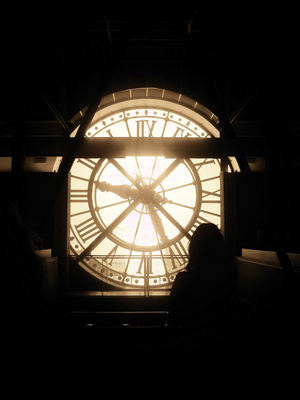All Nonfiction
- Bullying
- Books
- Academic
- Author Interviews
- Celebrity interviews
- College Articles
- College Essays
- Educator of the Year
- Heroes
- Interviews
- Memoir
- Personal Experience
- Sports
- Travel & Culture
All Opinions
- Bullying
- Current Events / Politics
- Discrimination
- Drugs / Alcohol / Smoking
- Entertainment / Celebrities
- Environment
- Love / Relationships
- Movies / Music / TV
- Pop Culture / Trends
- School / College
- Social Issues / Civics
- Spirituality / Religion
- Sports / Hobbies
All Hot Topics
- Bullying
- Community Service
- Environment
- Health
- Letters to the Editor
- Pride & Prejudice
- What Matters
- Back
Summer Guide
- Program Links
- Program Reviews
- Back
College Guide
- College Links
- College Reviews
- College Essays
- College Articles
- Back
Happily, Ever After?
When the prince kisses the bride and a heart encircles them and marks the end of the film; when the superhero saves the day and is absorbed in deep thought as he looks on at the city which transforms into relics; when the titan watches the sun set after a fierce fight and is determined to fight for earthlings, the audience stands up to leave, tosses their empty popcorn baskets, relieved and entertained …another happy ending.
The booming film industry never tires of bringing us happy endings. There is the belief that these endings do reflect a societal atmosphere in which people are too doomed and too depressed from pressure in real life which is why they put all their expectations for happiness into movies. But, when viewers claimed to feel ‘betrayed’ when Mia and Sebastian didn’t make it in La La Land it is time for us to re-evaluate the necessity of these happy endings.
Comedies and other light hearted films first emerged in silent movies because ridiculous and humorous body movements could compensate for voiceless performances. As early as the 1920s, comedies became the most popular genre. We witnessed the success of movies stars as audiences fell in love with the films in which they starred. Until now, happy endings are still the most favorable choice when creating films, yet this old tradition may have other motivations.
Fairytales always end happily, too, according to the New York Times article Happy Endings? Of course, and Also Joy written by Natalie Babbit, the sugar-coated stories were meant to protect kids from adults’ complex feelings of pride, grief, death and violence. But do adults need this protection as well? When they experience enough sadness and failure in reality, walking into the theatre all they want to see is simple happiness to escape their current problems. Sure beats getting teary-eyed and sinking into deep thoughts. However, movies serve more than just for entertainment, most people enjoy the feeling of stepping into a new story in which realism is a fundamental element. Many patrons say that as long as the story’s context is honest, they do not mind either happy or sad endings.
As a result, happy endings are still necessary. In the last Harry Potter, Voldemort lives instead of Harry, and readers would have created a riot for they had followed Harry for ten years and hated Voldemort as much as Harry and other wizards. In the meantime, sad endings make a story realistic and touching.
Perhaps our present society provides enough pressure and grief for us, but the movie makers ought not to create great stories by ‘artificially’ turning a sad story into a good one.

Similar Articles
JOIN THE DISCUSSION
This article has 0 comments.

I wrote this piece when after watching La La Land. Walking out from the movie theatre, I was really suprised that it was not a happy ending. Then I started to realize that maybe the problem is that we are too used to happily-ever-afters.
works cited:
(http://www.telegraph.co.uk/films/0/upset-ending-la-la-land-shouldnt/)
(http://www.filmsite.org/comedyfilms2.html)
(https://www.reddit.com/r/books/comments/1r56t1/do_you_prefer_happy_endings_or_sad_endings_why/)
(http://rachnachhabria.blogspot.com/2010/10/why-do-we-like-happy-endings.html